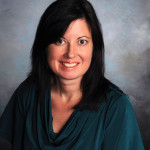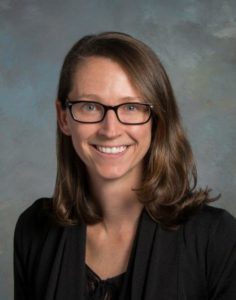Professors of Earth and Environmental Sciences Melanie Szulczewski and Pamela R. Grothe were quoted by the Fredericksburg Advance in an article entitled “How Will NOAA, NWS Cuts Affect Our Region?”
Dr. Pamela R. Grothe, also an associate professor of earth and environmental sciences at Mary Washington, formerly worked at the NOAA building in Boulder, Colorado. “There are so many functions that NOAA serves to protect our coasts and keep communities and people safe,” she wrote the Advance in an email.



